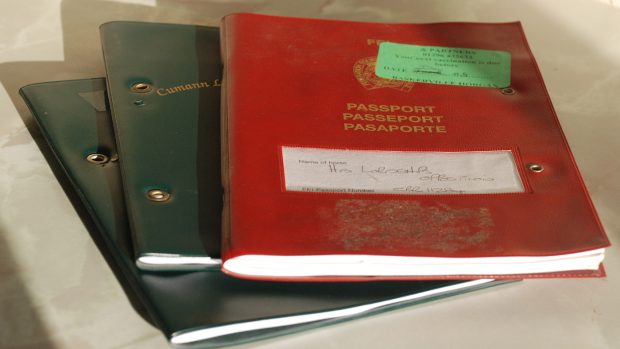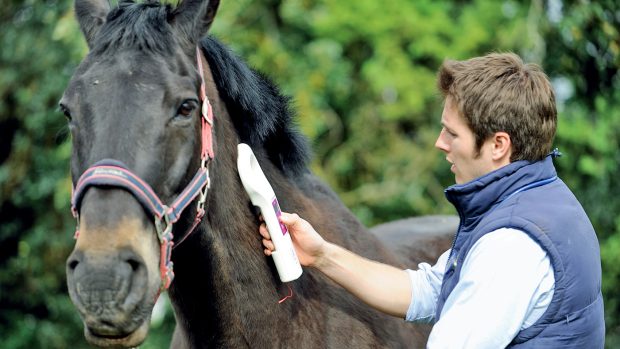The UK’s semi-feral pony societies have given the thumbs-down to legislation that means all foals born this year must be microchipped.
From 1 July, foals must be microchipped by the 31 December following their birth, or within six months of birth — whichever is later — to fit in with EU regulations.
But the move is unpopular with those responsible for ponies living wild on Exmoor,Dartmoor, the Welsh mountains and the New Forest.
Sue Westwood, secretary to the New Forest Verderers, said while they hoped to gain a special dispensation for ponies not to be chipped until they leave the forest, they feel the new regulation may lead to welfare problems.
“If you are selling a £3,000 animal, you won’t worry about paying an additional £70 to get it microchipped, but for a foal that sells for £50 to £100 off the forest, it’s too much,” she said.
“And if vets cannot treat a foal unless it is chipped, owners won’t call them out.”
Her opinion was echoed by Valerie Sherwin, who runs the Moorland Mousie Trust, a charity set up to preserve and promote the Exmoor pony.
She said: “I can’t see what good it’s going to do from an identification point of view. You can’t read the chips unless you get right up to the pony and, bearing in mind these are wild animals, the only time that will happen is when they are rounded up in the autumn.
“If a pony is involved in a road accident the first thing we need to know is what its [brand] number is, so the ponies will have to be branded as well.”
She added the system would be difficult to police and some owners may be tempted to ignore the regulation.
And MP Roger Williams, speaking for Welsh pony breeders, said: “The new regulations could have a significant financial impact and result in the loss of ponies from Welsh hillsides and mountains.”
A Defra spokesman told H&H: “The consultation period closes on 2 February. The draft legislation already contains derogations for ponies in the New Forest and on Dartmoor, so it may not be the case that all animals must be microchipped. Organisations involved in looking after semi-feral herds are encouraged to comment on the draft legislation.
“Microchipping provides an essential link between a horse and its passport and strengthens existing horse identification requirements. It may also prove useful for disease control and surveillance purposes and for the recovery of stolen horses.”
To view the consultation document, go to http://www.defra.gov.uk/corporate/consult/equine-id/index.htm
This article was first published in Horse & Hound (8 January, ’09)



